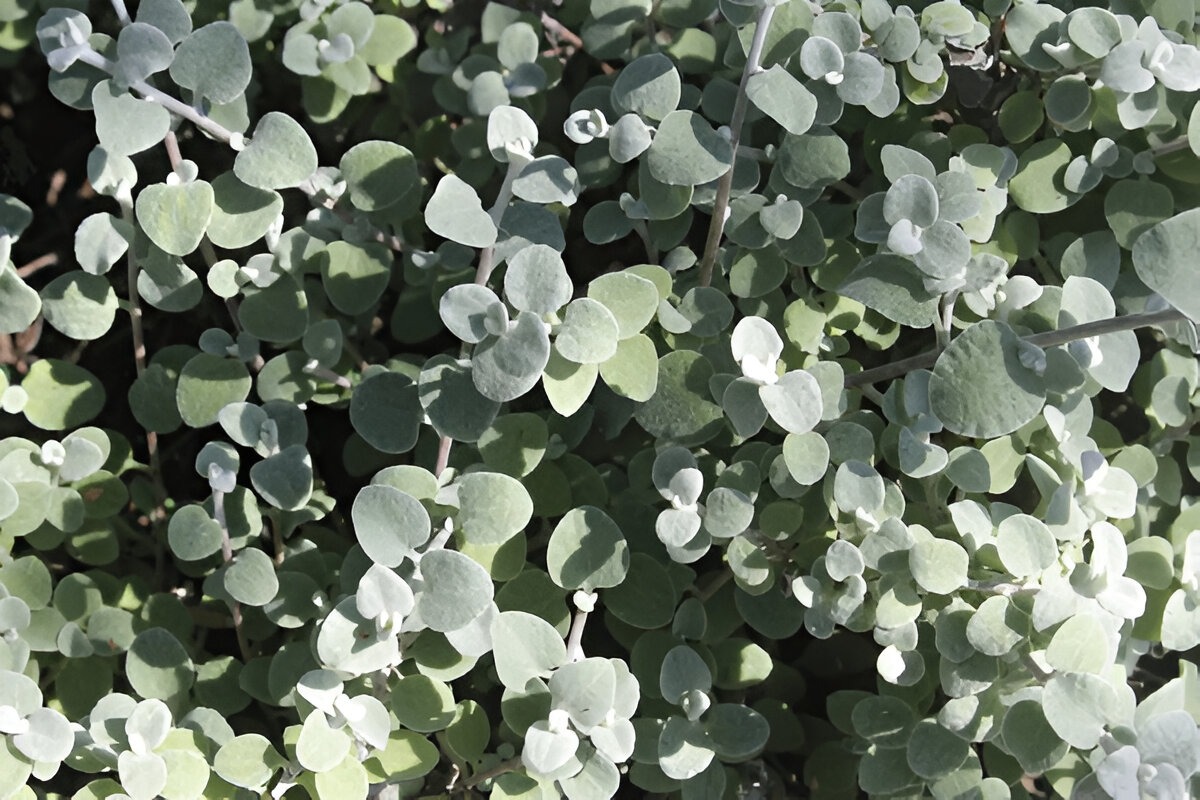Impepho is a traditional African plant that is mainly used for prayer, cleansing, and connecting with ancestors. It is widely recognized in South African spiritual and cultural rituals. Similar to incense, people burn it to build a connection between the spiritual and material realms. African customs have included it for many generations, and it continues to have profound significance today.
The smoke from burning this herb is thought to convey messages and prayers to the ancestors. Additionally, it is utilized to shield against bad energy and cleanse areas.
Because it is an essential component of ceremonies and rituals, many South African families, elders, and healers keep it in their homes. It is not merely a plant. It stands for a way of life, reverence for customs, and faith in a higher power.
Impepho Benefits
One of the main benefits of Impepho is that it is believed to connect people with their ancestors. For this reason, it is frequently burned at important events, family get-togethers, and rituals. It is regarded as a spiritual tool that strengthens and clarifies communication with ancestors.
Cleaning is an additional advantage. Impepho is used to drive out bad energy from persons, houses, and places of worship. For instance, a healer may burn it to prepare the space before beginning a ritual. It is said that anything that does not belong spiritually gets swept away by the smoke.
Guidance is another usage for impepho. People may burn it while seeking guidance from the ancestors when they are uncertain about life decisions. Because it symbolizes faith in the invisible realm, the plant is revered.
Another of its advantages is healing. Some people think that the smoking helps them relax and find mental serenity. Others include it into herbal concoctions to promote well-being. Although its primary function is spiritual, many communities also view it as a plant that promotes emotional health.
Impepho is also associated with defense. Families burn it to feel safer and protect their houses. Respectful people are said to get protection and direction from the ancestors when they are summoned through Impepho.
Impepho is not limited to large-scale rituals. Some people burn it every day in their homes to foster a sense of community and tranquility. The smoke’s scent serves as a reminder of customs and ancestry.
Impepho is used by healers to set up the venue for client meetings. Before making crucial decisions or having significant conversations, families might burn it. Others use it to respect and guide the spirits of loved ones during times of sadness or to welcome new life, such as at birth celebrations.
Impepho is made and burned in a straightforward manner. The dried herb emits smoke rapidly when it is placed on a fire or charcoal fire. As the smoke rises, people typically sit in silence, pray, or converse with the ancestors. The practice frequently includes respect and silence.
Impepho has a strong cultural foundation in Africa. It is revered as a gift from nature rather than merely as a plant. Many communities think that when its smoke is presented, the ancestors recognize it and react. For this reason, it is essential to rituals.
Additionally, it is utilized in community meetings, healing rituals, and initiation schools. The plant tells everyone that the ancestors are being honored and helps create a spiritual atmosphere. Its role is sacred rather than casual, and its significance endures despite the passage of time.
Impepho may be prepared or used differently in different parts of South Africa, but the goal is always the same. It has to do with communication, connection, and respect for the spiritual realm.
Impepho is seen as a portal connecting the material and spiritual realms. Burning it is a humble way to ask for assistance or direction. The ancestors are said to keep watch over the living, but in order to hear them clearly, one needs to follow specific rituals. One of the best resources for this link is Impepho.
When using Impepho, many people report feeling relaxed and concentrated. Burning it frequently involves sitting in quiet, praying, or expressing ideas aloud. This makes it possible for someone to think and feel more connected to the ancestors’ guidance.
Additionally, some people think that using Impepho makes dreams more lucid. People may ask for signs while they sleep after burning it, believing that the ancestors would guide them. It is a personal and spiritual tool in this sense.
Impepho is handled carefully due to its significance. Before cutting the plant, people who gather it frequently seek nature for permission through rituals or prayers. Respect for the planet and the ancestors who are thought to have provided it is demonstrated by this.
Additionally, it is not utilized sparingly. Impepho is not intentionally burned in many traditions. It is burned for a specific reason, such as healing, protection, guidance, or prayer. The practice endures throughout generations because of this respect.
Impepho is still a common household item in many South African homes today. This plant allows people who live in cities, work in offices, or travel overseas to maintain a connection to their roots. It helps individuals feel grounded and serves as a reminder of their origins.
Some people use Impepho as a natural way to unwind, combining it with contemporary wellness practices. Some people equate it to other countries’ use of sage or incense, but for many South Africans, it has a far more profound and intimate connotation.
Impepho’s ongoing use demonstrates that customs endure. The need for direction, connection, and reverence for ancestors remains constant, even if times may change.
Disclaimer
This content is for informational and educational purposes only. It is based on cultural beliefs, traditions, and personal opinions. It is not intended to replace professional medical, spiritual, or legal advice. Always consult with a qualified practitioner before making any decisions based on this information.


